Product teams, including those I work with, struggle to connect the challenges observed in prior research to issues that endure in the field and market space. As a shortcut for efficiency gains, product partners...
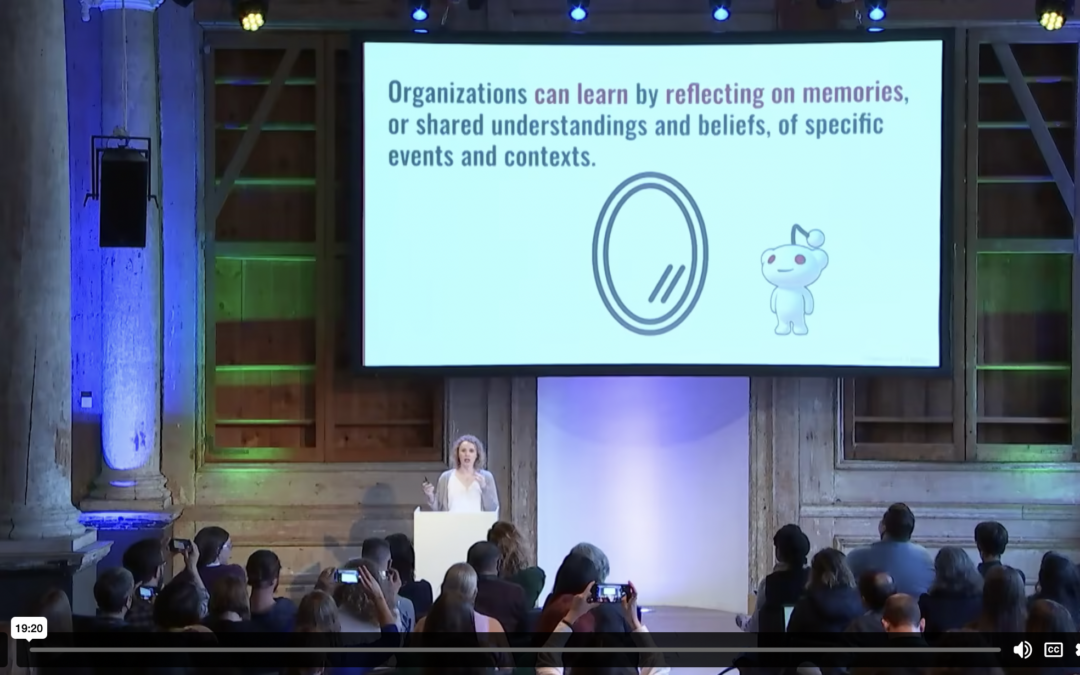

Product teams, including those I work with, struggle to connect the challenges observed in prior research to issues that endure in the field and market space. As a shortcut for efficiency gains, product partners...
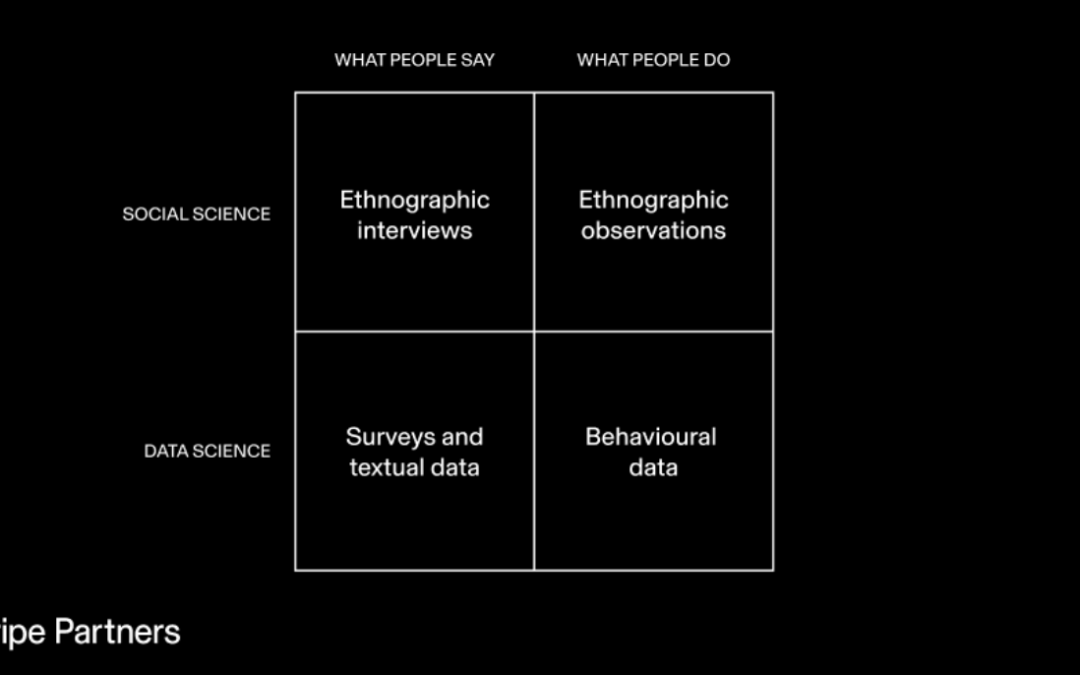
When I was studying economics at university one of our professors introduced us to Jorge Luis Borges’s “On Exactitude in Science”, a one-paragraph story. It imagines an empire so enthralled by cartography that larger and larger maps of the place are built by successive generations until a map on...
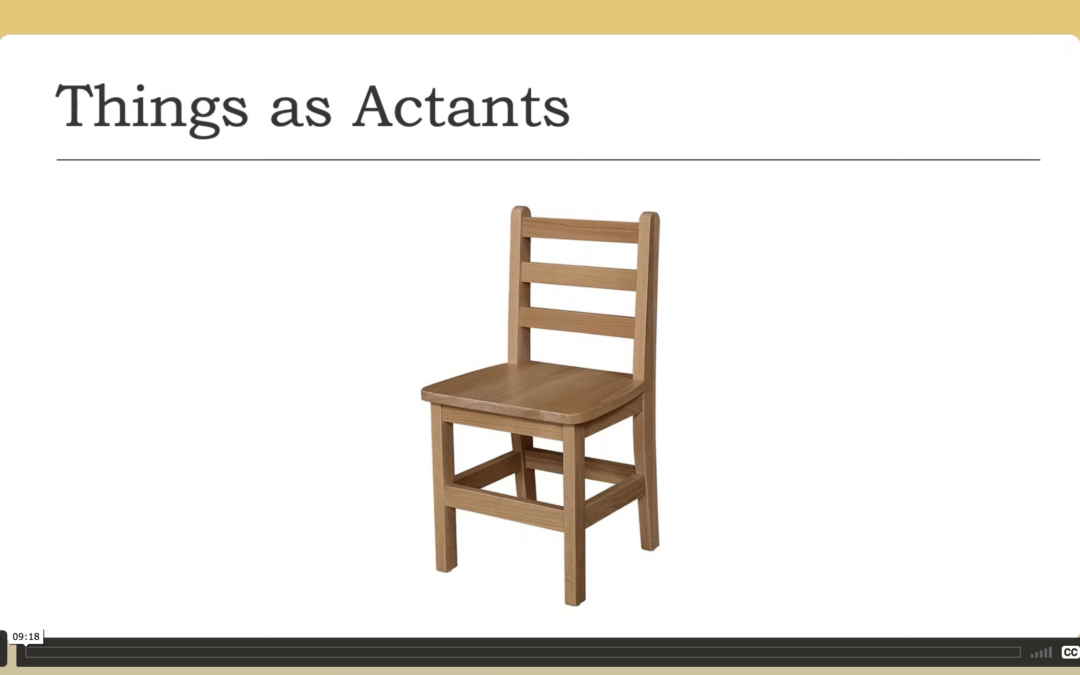
Public libraries in the U.S. and around the world are rapidly changing due expanding technological and social needs of their communities. The Covid-19 pandemic has intensified the debates about the future of public spaces and public services. In this paper, we report on a qualitative study of...

PechaKucha Presentation—For the past year, people around the world have adjusted quickly to unforeseen constraints presented by the COVID-19 pandemic. Upheaval during the pandemic has resulted in a deep sense of grief leaving people in an unpredictable cycle of losing control and attempting to...
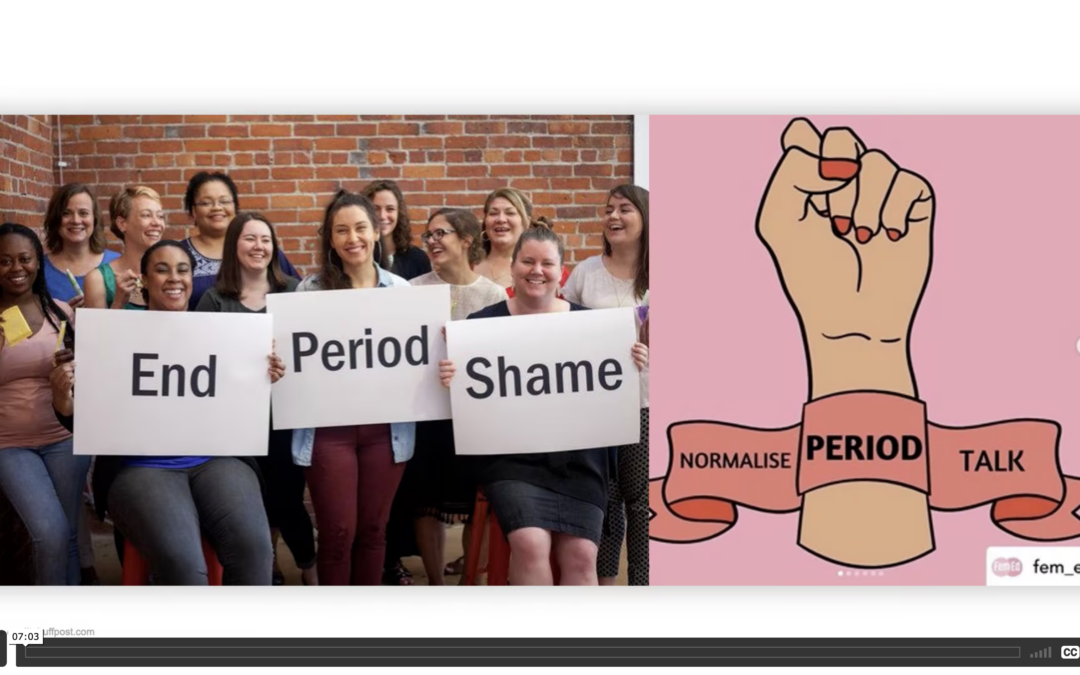
PechaKucha Presentation—The butterfly effect – a small change that has big ripples. This is what Jennie Leng created when she persuaded NZ’s largest supermarket to change its language from “sanitary products”. Phrases like “sanitary products” and “feminine hygiene” are ubiquitous around the world,...
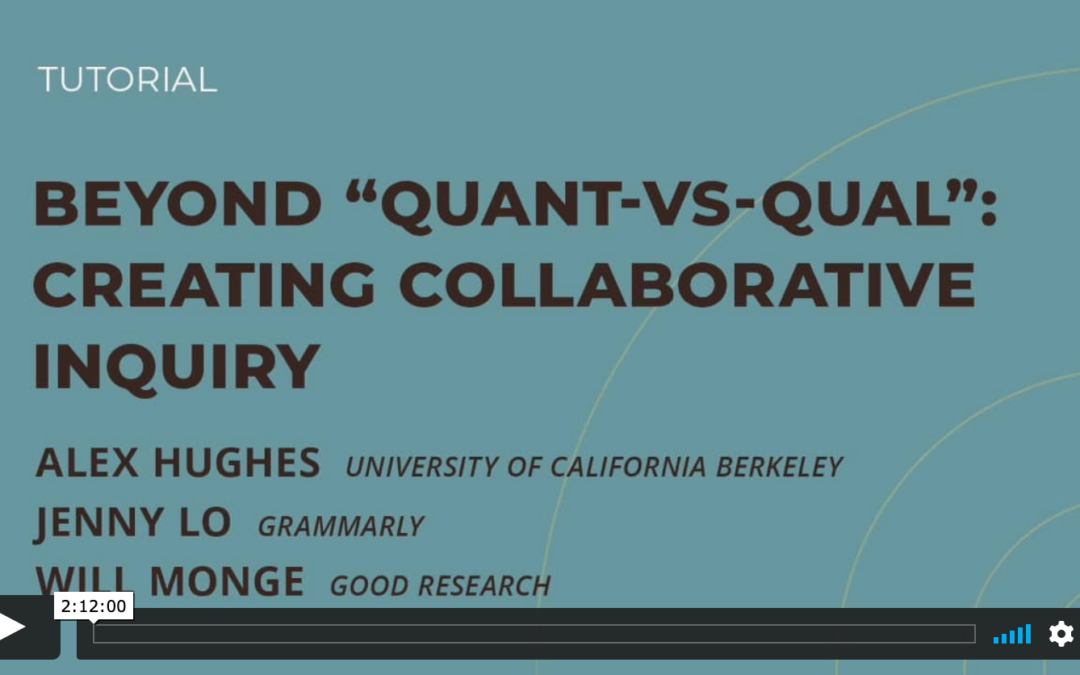
Overview Qual and quant are so divided these days—by academic discipline, language, communities of practice, job titles. Too often, quantitative research is conflated with data science (or vice versa), and data...

This case study explores how we personalized search results by turning ethnographic insights into taxonomic metadata, which in turn allowed us to use quantitative methods to assess business impact. The first part of the case study focuses on the problem we were trying to solve – creating better...

As a team of researchers was asked by a French home-improvement retailer to redefine their strategy, they designed and carried out an ethnographic and quantitative research to identify new business opportunities. But no sooner had they set foot in field, they were struck not only by the richness...
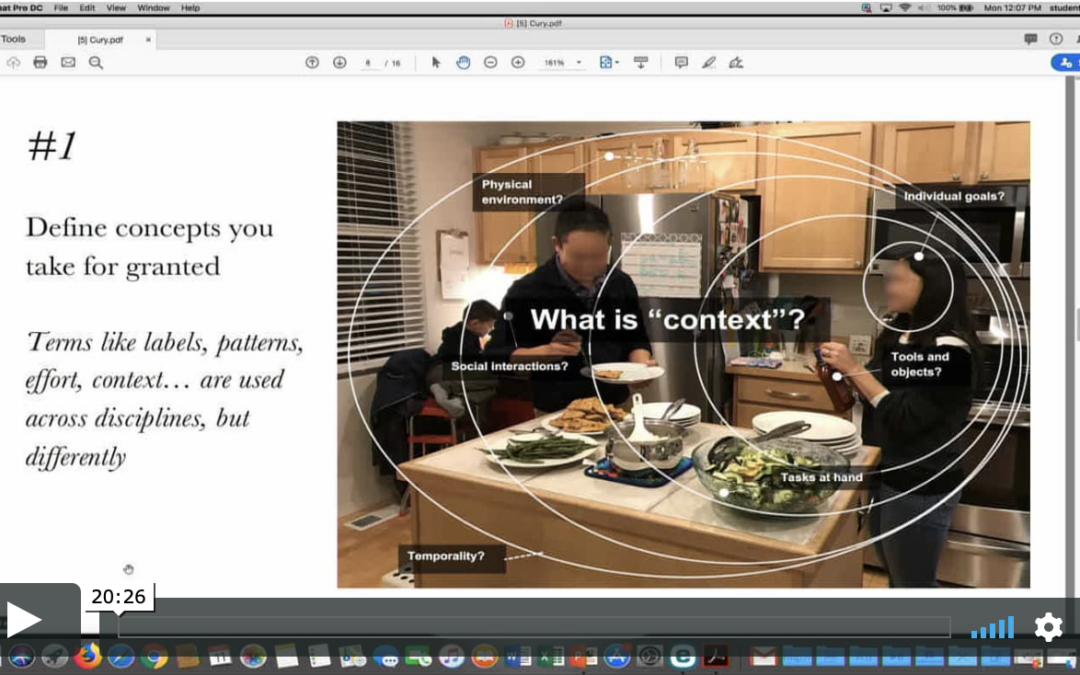
The not-too-distant future may bring more ubiquitous personal computing technologies seamlessly integrated into people's lives, with the potential to augment reality and support human cognition. For such technology to be truly assistive to people, it must be context-aware. Human experience of...
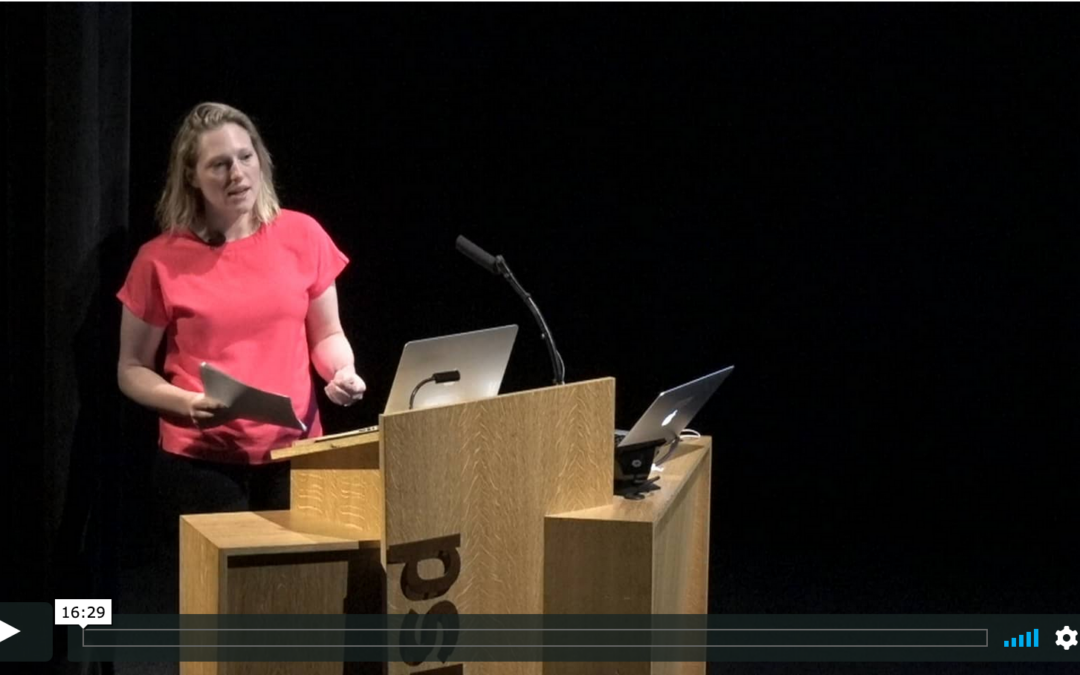
This paper argues that ethnographers can gain increased agency in data-driven corporate environments by increasing their quantitative literacy: their ability to create, understand, and strategically use quantitative data to shape organizations. Drawing on the author's experience conducting...